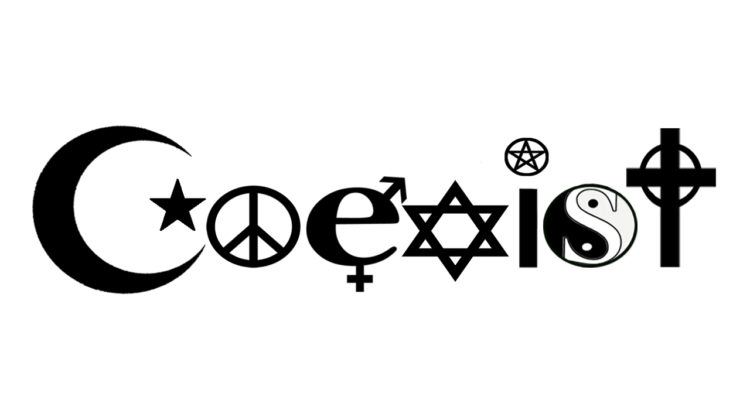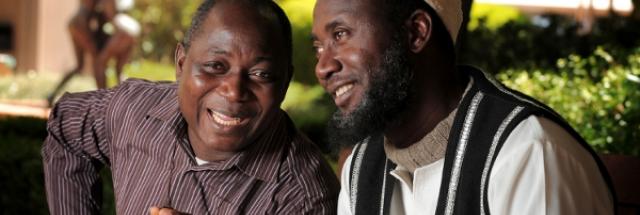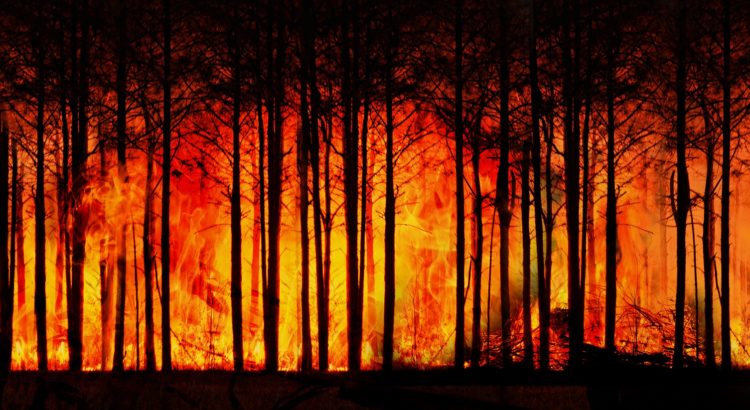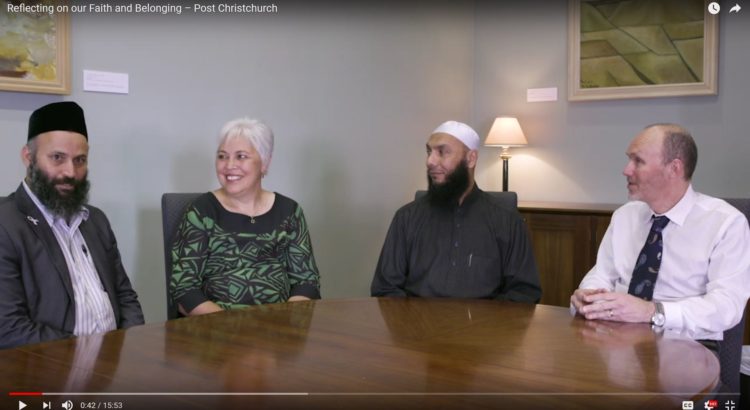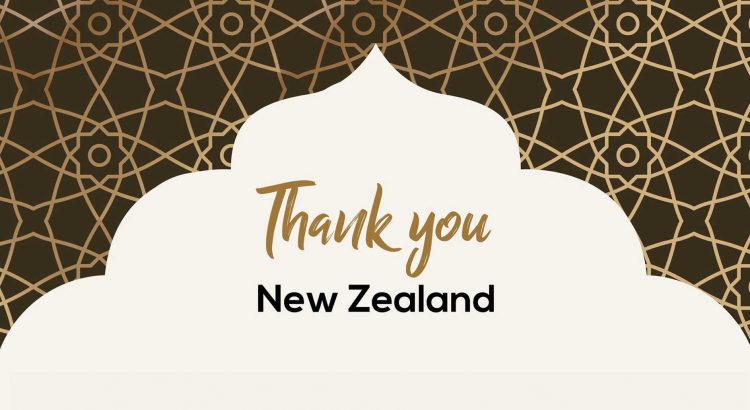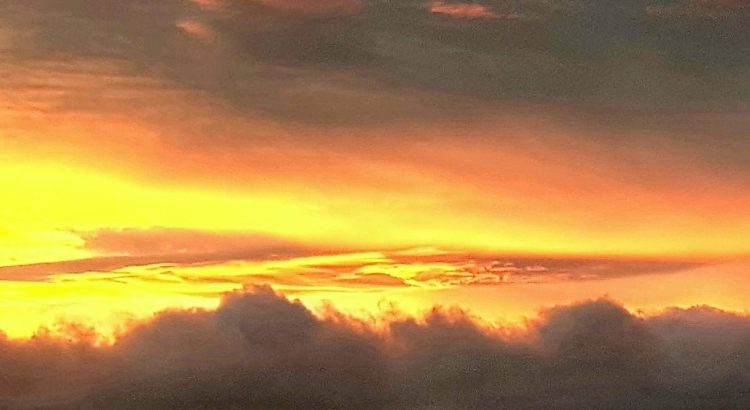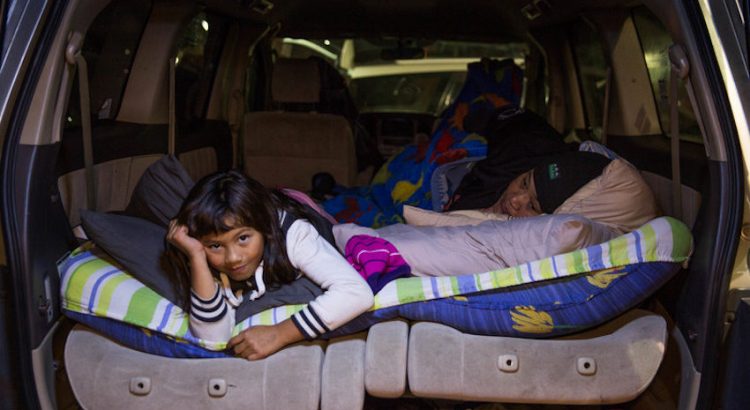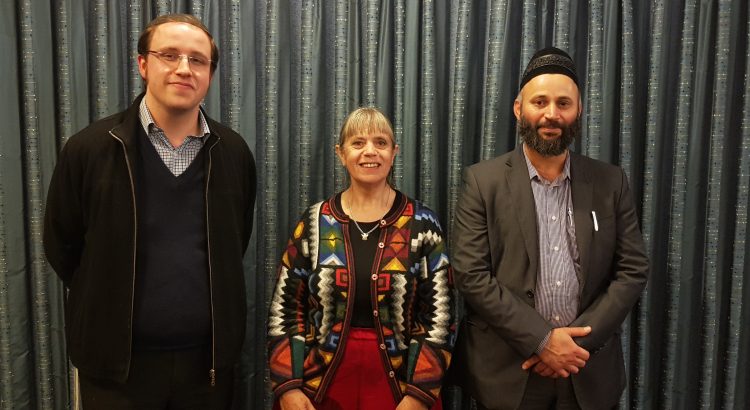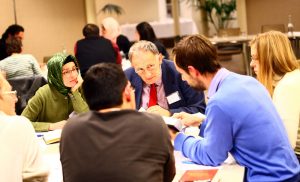When: Thursday 31 October 2019 4-9pm
Where: Wellington Islamic Centre, 7 Queen’s Drive, Kilbirnie
Tickets are mandatory for this event. You can purchase tickets on Eventbrite.
Religious Diversity: Encountering other religions
The Religious Diversity and Anti-discrimination workshop is designed to facilitate safe and productive interreligious encounters between Jewish, Christian, and Muslim young adults (18-35).
Workshop Participants will:
- Share experiences of religion, ethnicity and culture within a safe environment
- Explore the meaning, impact and issues of religious diversity in Aotearoa New Zealand
- Address local manifestations of stereotyping, prejudice and discrimination related to religion
- Develop skills for creating inclusive intercultural environments.
The workshop will be highly interactive, fun, and challenging. It will be led by two facilitators trained and accredited by the internationally acclaimed Belieforama Programme. It is provided by the Religious Diversity Centre of Aotearoa / New Zealand in conjunction with the Wellington Abrahamic Council.
Please help us by promoting this event to young adults in your synagogue, church, or mosque.
Image credit: Aia Fernandez
